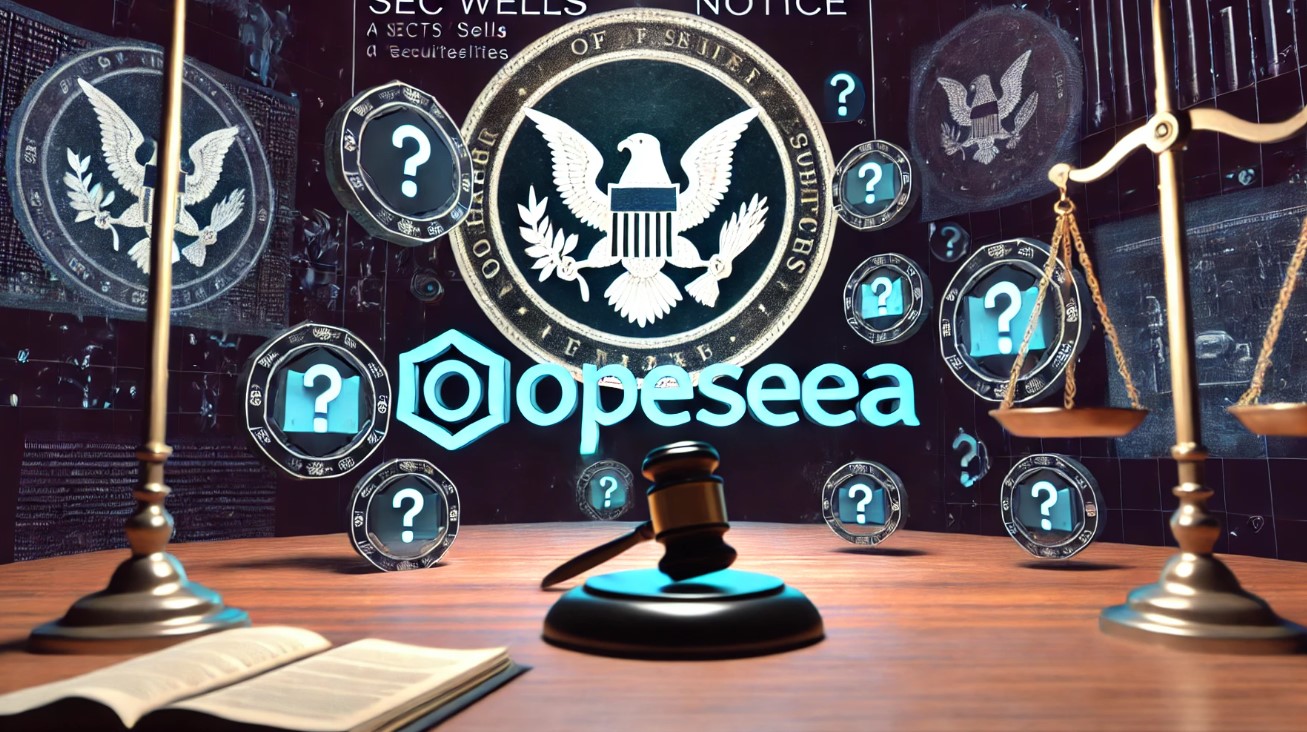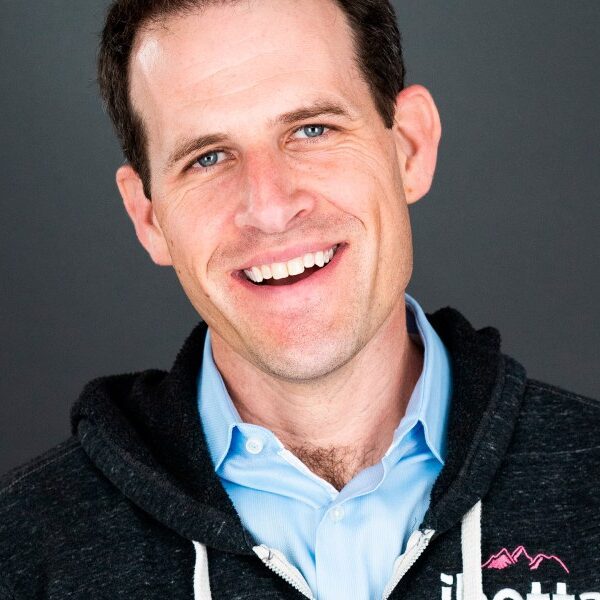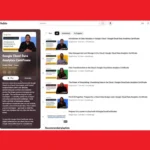

The sound of an errant sneeze, sniffle, or cough in the workplace is enough to make any employee’s hair stand up on the back of their neck. Sure, workers are still showing up to work when they’re under the weather, but Gen Z is leading the charge to change that—and the generation’s changing attitudes toward taking sick days is, in fact, contagious.
Sick leave in the U.S. increased 55% in 2023 compared to 2019, according to new data from human resources platform Dayforce, which collected data from more than 1,500 of its clients. While all age groups are taking advantage of sick days, employees younger than 36 are leading the charge, with a 29% leap in the amount of sick leave they took from 2024 compared to 2019. Those older than 36 saw a 16% increase.
“When I was just out of high school, I was scared to death to call in sick,” Jamie Lynch, a 34-year-old manager at a real estate photography firm in Ontario, Canada, told Fortune. “But now that’s just not the way of the world.”
Lynch works with employees across the age spectrum, but has noticed her younger employees taking more time off to preserve their health. “We really have to take care of ourselves and fill our own cup,” she added “Gen Zs were just the first ones who didn’t have the fear that we had to call in sick to protect themselves.”
Using sick days is just another way Gen Z has hung onto pandemic-era work culture shifts. It’s the generation that has championed hybrid work and quiet quitting, as well as pushed dress code boundaries in the office. But as Gen Z breaks old work norms, their workplaces are beginning to coalesce around them, forming new ones.
The COVID generation
Gen Z’s tendency to pioneer workplace trends including taking more sick days is a result of both their developmental stage and the unique social and technological environment in which they came of age, said Lindsey Pollak, workplace expert and author of The Remix: How to Lead and Succeed in the Multigenerational Workplace. She posits that every workplace has a set of unwritten rules by which longtime workers abide. In many workplaces, not taking sick days—even if they were allotted by an employer—is one of those rules.
But for Gen Z, who is largely just beginning to enter the workforce, those unwritten rules may not apply—simply because they don’t know what they are.
“Until you’re in the workplace, you don’t know what you don’t know,” Pollak told Fortune. “And that happened to me as a Gen Xer, and that has happened to every generation.”
All generations experience an uncomfortable adjustment to a new workplace culture. But what separates Gen Z from previous generations is the amount of information Gen Z has at its fingertips. “They have grown up entirely in a world where every single piece of information and guidance and rulebook was available to them in their pocket on the internet,” Pollak said.
As a result, Gen Z can be literalists. They see that their prospective workplace has a sick day policy, and they are inclined to abide by it, regardless of an unspoken work norm that indicates otherwise. Their status as digital natives is what has driven them to seek out health information during a global pandemic, leading them to prioritize their own health and wellbeing, according to a McKinsey & Company report. While 40% of U.S. survey respondents said fitness was a “very high priority,” that percentage leapt to 56% for U.S. Gen Z respondents.
Gen Z’s penchant for taking sick days and prioritizing mental health can be traced back to their pandemic-informed health consciousness, but COVID had also an outsized impact in shaping Gen Z’s work attitudes, likely for decades to come.
“I know a lot of people who first started working 2008, 2009, the height of the Great Recession, who are still not past that feeling that the rug could be pulled out from under them,” Pollak said.
Because Gen Z entered the workforce in a time of changing norms—the rise of remote work and flexibility that the time period required—they have internalized the message that workplaces can be nimble and favor employee boundaries, Pollak said. If something to the contrary is asked of them, young people are likely to push back because they know those more flexible systems can work.
Young people’s early work environment has also resulted in a tenacious generation of independent thinkers, said Roberta Katz, senior research scholar at Stanford University’s Center for Advanced Study in the Behavioral Sciences.
“They want to understand why something is done in a certain way. They’re very pragmatic,” she said in a Stanford Report article. “When an older person says to them, ‘This is how you should do it,’ they want to check that out for themselves. It doesn’t mean they’re always right; it’s a different way of understanding.”
Gen Z trendsetters
While Gen Z’s foray into the professional world is unique to them, their preferences have started to wear off on their more seasoned coworkers. Lynch, the Ontario-based manager, noticed more workers following Gen Z’s lead and taking time off for illnesses in the past couple years, an initiative they likely wouldn’t have taken a decade ago.
“At first it did really aggravate people,” she said. “But then I think people saw the world didn’t stop running. Businesses didn’t all shut down because of it.”
For Lynch, it’s a good change and something she wishes existed when she was first cutting her teeth in the professional world.
“There were times where I was putting myself through school and working two jobs, and I should have called out sick for like, weeks at that time,” Lynch said. “Because I was so stressed and working so hard, but it wasn’t an option.”
This generation of managers is more lenient, Lynch said, as they see firsthand that Gen Z is creating a new reality they couldn’t conceive of a decade ago. A September 2023 report from marketing consultancy Edelman found 93% of more than 7,000 respondents were influenced by coworkers in their twenties.
Workplaces have a long history of shaping and being shaped by their employees, Pollak said. It’s how they’ve survived in times of bedrock-shaking change like the pandemic and recession.
“I’ve never heard anyone at the end of their career say, ‘You know what made our company so successful? We never changed at all,’” she said. “I think you need to adapt and grow and evolve.”















